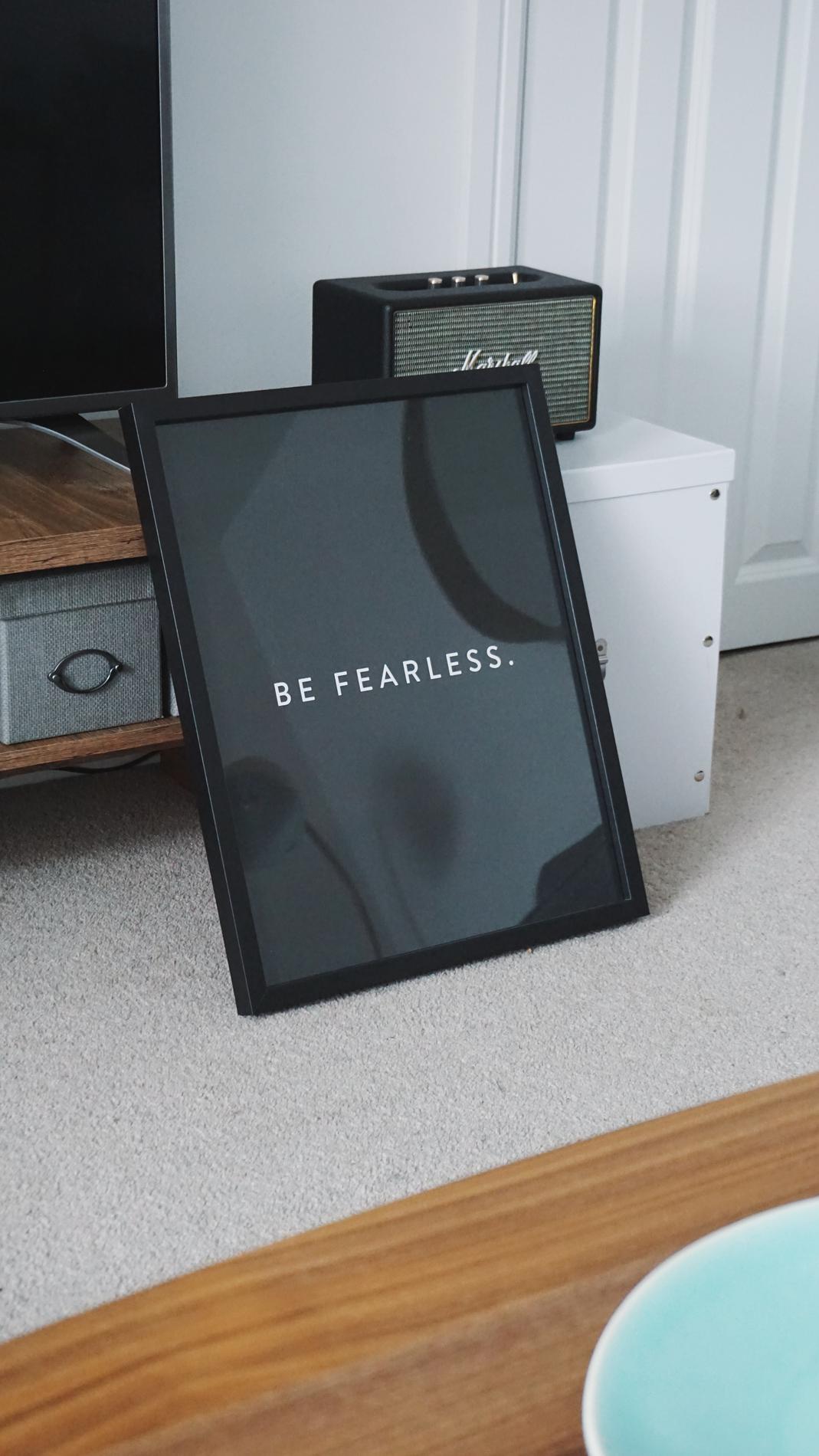
Jennifer Rollin
Feb. 5, 2016, 8:48 p.m.

The recovery process is all about stepping outside of your comfort zone, facing fears, and defying the voice of the eating disorder - time and time again. However, there may come a point, either in the early or later stages of recovery, when you decide that you no longer need to push or challenge yourself as much.
This is completely normal. Even for individuals who have not been affected by eating disorders, there is an impulse to stay with what is comfortable and familiar. A comfort zone is a safe place to be; but no major growth ever happens there. In order to truly grow and strengthen your recovery, it is critical to continue to challenge yourself on a regular basis, whether it’s trying new restaurants, facing “fear or trigger foods”, being more flexible with exercise, taking rest-days, or resisting the urge to engage in food rituals.
However, it is important to note that one of the goals of the recovery process is to push and challenge yourself in a way that feels uncomfortable, but not unsafe. Additionally, recovery is not a race and it can be helpful to work to challenge yourself in small and manageable steps. When you are in recovery, the voice of your eating disorder may try to convince you that you are “doing fine” and that there is no reason to challenge yourself further. Holding onto even a tiny bit of an eating disorder is what keeps you from living a truly fully happy and fulfilled life.
I think that we often avoid taking risks in life because we think that we need to wait until we feel confident enough to do so. However, the paradox of this is that you will only begin to feel less afraid and gain confidence by gradually exposing yourself to what you are afraid of Susan Jeffers, Ph.D., exemplified this in her book entitled "Feel The Fear... And Do it Anyway" when she stated:
"I had grown up waiting for the fear to go away before I took any chances. When I am no longer afraid... then! For most of my life I had played the when/then game and it never worked... Fear of particular situations dissolved when I finally confronted them. The doing it comes before the fear goes away."
Rather than trying to get rid of your fear or wait for it to go away, keep in mind that it is normal and okay to feel afraid. Further, you can feel afraid and take the desired action anyway. The less that you give into the voice of fear and allow it to control your actions, the more empowered and free you will feel over time.
It could be helpful to start by making a list of your fears that are keeping you stuck in your eating disorder (specific foods, situations, etc.) and then rank them in order of the ones that are the least challenging to the most challenging. That way you can start at the bottom of the list with the ones that are the least challenging, and then work your way up. Additionally, if the voice of your eating disorder is particularly strong it can be helpful to find someone who can support you while you are facing your fears, such as a therapist, nutritionist, mentor, friend, partner, family member, etc. Recovery from an eating disorder can be tough and you do not have to go through it alone. Turning to positive relationships in your life when you are feeling triggered (rather than utilizing unhealthy behaviors) can definitely serve to strengthen your recovery.
This week and beyond, I would encourage you to really think about the lingering fears which may be holding you back from full recovery. Imagine how great it would feel to serve as a role model to others and to be able to say that you finally gained back your life from an eating disorder. You deserve so much more than living a life that is in any way controlled by an eating disorder. Ultimately, true courage is not the absence of fear; rather, it is the willingness to take action despite feeling afraid. Full recovery is possible; just remember to keep pushing yourself out of your comfort zone.

Jennifer Rollin, MSW, LGSW, is a mental health therapist who specializes in working with adolescents, survivors of trauma, body image concerns, and individuals experiencing mood disorders. She has experience working in a variety of settings including, an outpatient mental health clinic, therapeutic group homes, and a sexual assault crisis hotline. Jennifer's articles have been featured on numerous websites including: HuffingtonPost.com, PsychologyToday.com, PsychCentral.com, NationalEatingDisorders.org, Bedaonline.com, and TheProjectHeal.org. For body-positive and self-love inspiration connect with Jennifer on Facebook.